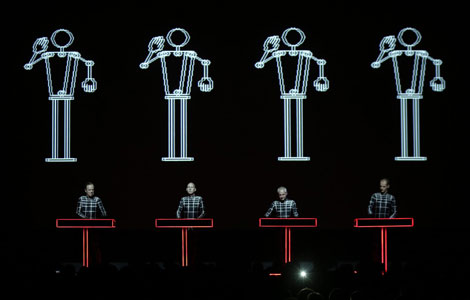

SAO PAULO/FORTALEZA, Brazil - Brazil's two biggest cities agreed on Wednesday to revoke an increase in public transportation fares that set off demonstrations that have grown into nationwide protests against poor public services, inflation and corruption.
The decisions, made separately in Sao Paulo and Rio de Janeiro, followed another day of protests across Brazil, which also included a march by demonstrators around a major international soccer game in the northeastern city of Fortaleza.
This month's transport fare hikes, which came as Brazil struggles with annual inflation of 6.5 percent, stirred a groundswell of other complaints, leading to the biggest protests to sweep Brazil in more than two decades. The protests have been organized by a disparate group of activists who have rallied supporters via social media.
Sao Paulo state Governor Geraldo Alckmin, announcing a reduction in fares to their level before the hike, called it "important ... so the city can have the tranquility needed to debate issues calmly."
It remains unclear whether revoking the fare increases, which followed similar fare cuts in other state capitals, will be enough to quell the unrest. Initially focused in cities like Sao Paulo, Rio and Brasilia, demonstrations have spread, with protests planned in more than 70 smaller cities for Thursday.
After the fare increase was scrapped, leaders of the protest movement in Sao Paulo said their cause would now shift to free public transport and that a planned protest for Thursday would be a celebration.
President Dilma Rousseff, a former leftist guerrilla who was imprisoned and tortured by Brazil's former military dictatorship as a youth, acknowledged on Tuesday the legitimacy of the protesters' demands.
Her Workers' Party presided over a near decade-long economic boom that lifted more than 30 million people from poverty. But a recent slowdown is prompting many among Brazil's growing middle class to demand more of the government.
She praised the mostly non-violent demonstrators and said her government would seek to improve schools, hospitals, infrastructure and other public facilities and services.







